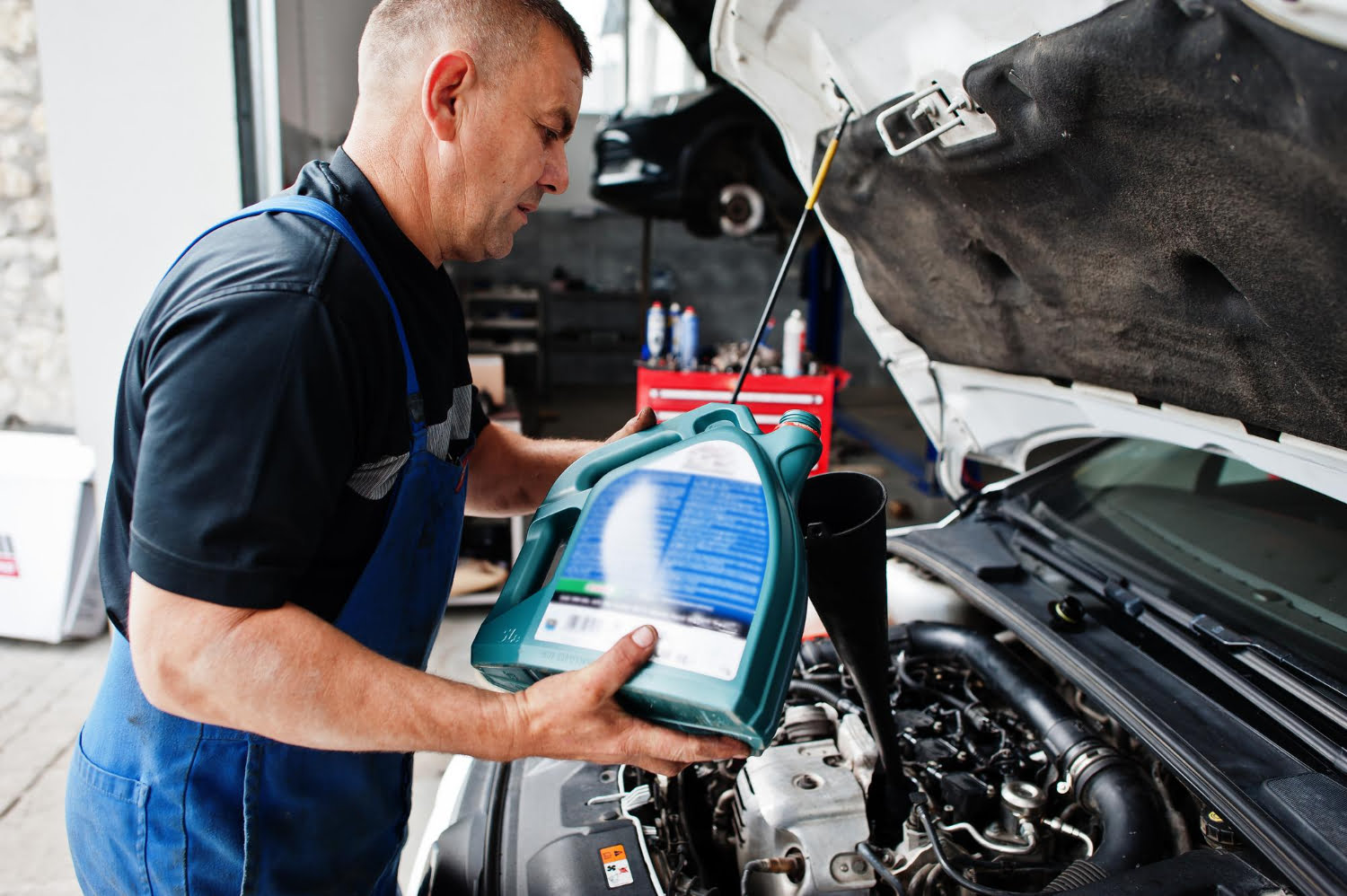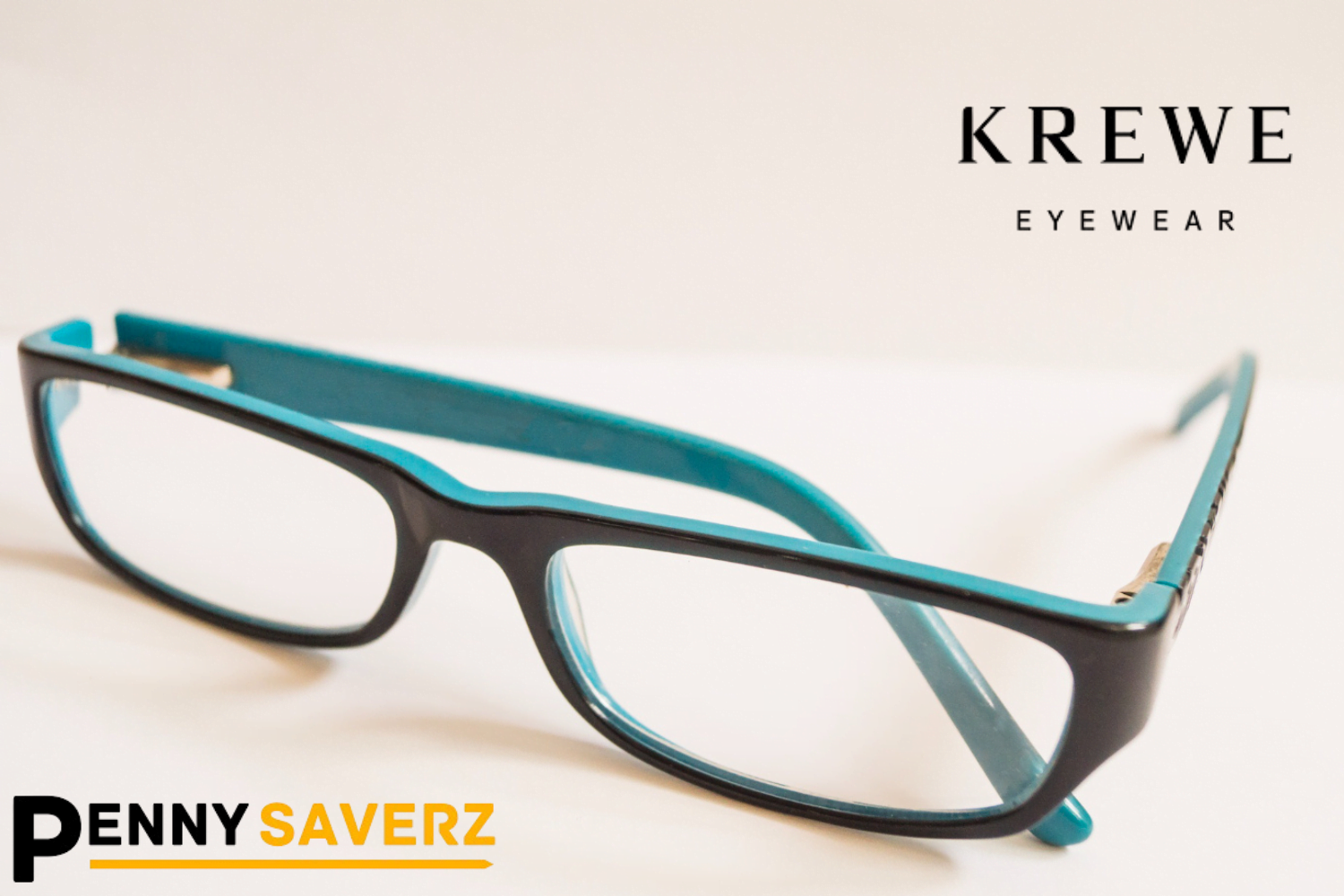How to get motor oil out of clothes? Motor oil stains on clothes can be a source of frustration, but fear not! With the right approach and a bit of know-how, these stubborn stains can be successfully removed, leaving your clothes looking as good as new. In this detailed guide, we will explore various methods and techniques to tackle motor oil stains on different types of fabrics, ensuring your wardrobe remains spotless. Let’s dive into the nitty-gritty of effective motor oil stain removal!
Understanding Motor Oil Stains
Motor oil is a complex mixture of hydrocarbons and additives, and when it comes into contact with fabric, it can create a challenging stain. Understanding the composition of motor oil is the first step in successfully removing these stains.
Different fabrics react differently to motor oil stains. Synthetic fabrics like polyester may repel the oil, while natural fibers like cotton can absorb it readily. Knowing your fabric type is crucial in determining the most effective stain removal method.
Immediate Steps After Stain Occurs
Acting swiftly is key when dealing with motor oil stains. As soon as the stain happens, grab a clean cloth and blot the affected area to soak up as much oil as possible. Avoid rubbing, as this can push the oil deeper into the fabric fibers, making the stain more challenging to remove.
For larger stains, use absorbent materials like baking soda, cornstarch, or baby powder. Sprinkle the absorbent substance over the stain, let it sit for a few minutes, and then brush or shake it off. This helps to lift excess oil before you proceed to more thorough cleaning.
Pre-Treating Stains
How to get motor oil out of clothes: Pre-treating motor oil stains is a crucial step in the stain removal process. Various methods can be employed, depending on the severity of the stain and the type of fabric.
For a DIY approach, create a paste using baking soda and water. Apply the paste to the stain, gently rubbing it in with a soft brush or your fingers. Allow it to sit for at least 15 minutes before laundering.
Commercial pre-treatment products designed for oil-based stains are also available. Follow the instructions on the product carefully, ensuring you apply it directly to the stain before washing.
Laundry Detergent Tips
Choosing the right laundry detergent is essential for effective stain removal. Look for a detergent with enzymes or other stain-fighting ingredients. For an extra boost, add baking soda or oxygen bleach to your regular detergent.
When applying the detergent, focus on the stained area. Rub the fabric gently to work the detergent into the fibers. Allow it to sit for a few minutes before moving on to the next step.
Washing Machine Techniques
The washing machine plays a crucial role in removing motor oil stains. Before loading your stained garments, check the care labels for temperature recommendations. Hot water can help dissolve oil, but it may not be suitable for all fabrics.
Select a cycle with a longer wash time and higher agitation to ensure the stain is thoroughly worked on. For delicate fabrics, use a gentle cycle to avoid damage.
Handwashing for Delicate Fabrics
Delicate fabrics require special attention. Fill a basin with lukewarm water and add a small amount of mild detergent. Gently agitate the water and submerge the stained garment, allowing it to soak for at least 30 minutes.
Gently rub the fabric between your fingers to work the detergent into the stain. Rinse thoroughly with cold water and repeat the process if necessary. Patience is key when dealing with delicate materials.
Natural Remedies for Stain Removal
How to get motor oil out of clothes: If you prefer natural alternatives, household items can be effective in breaking down motor oil stains. Lemon juice, vinegar, and cornstarch are all excellent options.
Apply lemon juice or vinegar directly to the stain and let it sit for 10-15 minutes. For cornstarch, create a paste by mixing it with water and apply it to the stain. These natural remedies not only remove stains but also leave your clothes smelling fresh.
Commercial Stain Removal Products
Commercial stain removers designed for oil-based stains are readily available in the market. These products often contain powerful solvents and enzymes that can break down stubborn stains.
Before applying the product, read the instructions carefully, and test it on a small, inconspicuous area to ensure compatibility with your fabric. Apply the stain remover directly to the stain, and let it sit for the recommended time before laundering.
Avoiding Common Mistakes – How to Get Motor Oil Out of Clothes
While removing motor oil stains, it’s crucial to avoid common mistakes that could worsen the situation. One common error is using hot water on fabrics that can’t tolerate high temperatures, leading to damage.
Another mistake is skipping the pre-treatment step. Applying detergent directly to a dry stain may not be as effective as pre-treating and allowing the stain to absorb the cleaning agents.
Sun-Drying vs. Machine Drying
Choosing the right drying method is crucial to prevent residual stains. Sun-drying can be effective, especially for light-colored fabrics, as the sun’s natural bleaching properties can help eliminate stains.
How to get motor oil out of clothes: However, be cautious with delicate fabrics, as prolonged exposure to sunlight may cause damage. If in doubt, opt for machine drying on low heat to avoid potential fabric deterioration.
Consulting Professionals
In some cases, despite your best efforts, the stain may persist. If multiple attempts have failed, or if the fabric is delicate and requires special care, it’s time to consult a professional dry cleaner.
Professional dry cleaners have the expertise and specialized solvents to tackle challenging stains. Be sure to inform them about the nature of the stain and the fabric type for the best results.
Preventing Future Stains
Prevention is always better than cure. Implementing simple measures can help you avoid future motor oil stains. When working on your vehicle, wear protective clothing like overalls or aprons to shield your garments from potential splatters.
Consider using fabric protectors or water repellents on your clothing. These products create a barrier that prevents oil from penetrating the fabric, making it easier to wipe off any accidental spills.
DIY Stain Repellents
For proactive individuals keen on preventing stains, creating your stain repellents at home is a fun and practical solution. Here’s a simple recipe using common household items:
DIY Stain Repellent Spray:
- Mix equal parts white vinegar and water in a spray bottle.
- Add a few drops of essential oil for a pleasant scent (optional).
- Shake well before each use.
- Spray the mixture on your clothing before engaging in activities that may lead to oil stains.
This DIY stain repellent is cost-effective and can be easily applied to your clothing before gardening, cooking, or any other activity prone to oil spills.
Conclusion
In conclusion, successfully removing motor oil stains requires a combination of quick action, effective cleaning techniques, and preventive measures. By understanding the nature of the stain and choosing the right approach for your fabric, you can confidently tackle motor oil stains and keep your clothes looking fresh.
Now that you’ve armed yourself with these detailed stain removal strategies, go ahead and bid farewell to those stubborn marks. Your wardrobe will thank you for the extra care and attention!
Frequently Asked Questions
Q: How soon should I address a motor oil stain on my clothes?
A: It’s crucial to address the stain as soon as possible. The longer the oil sits, the more challenging it becomes to remove.
Q: Can I use regular laundry detergent for motor oil stains?
A: While regular detergent can help, using a detergent with stain-fighting ingredients or adding baking soda can enhance the cleaning process.
Q: Are commercial stain removers safe for all fabrics?
A: It’s essential to check the label and follow instructions. Some commercial stain removers may not be suitable for delicate fabrics.
Q: Is sun-drying safe for all types of clothing?
A: Sun-drying is generally safe, but prolonged exposure may damage delicate fabrics. Use this method cautiously and opt for machine drying on low heat if needed.
Q: When should I seek professional help for stain removal?
A: If your attempts to remove the stain are unsuccessful, or if the fabric is delicate and requires special care, consulting a professional dry cleaner is advisable.
Read More Articles: What Colours Go With Brown Clothes



